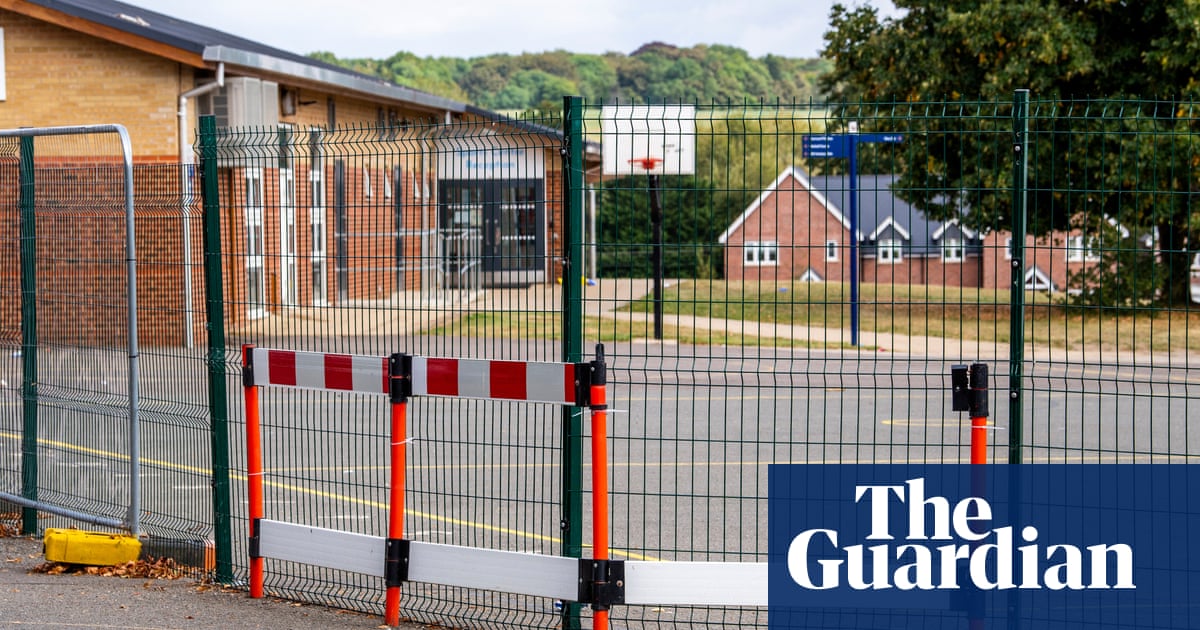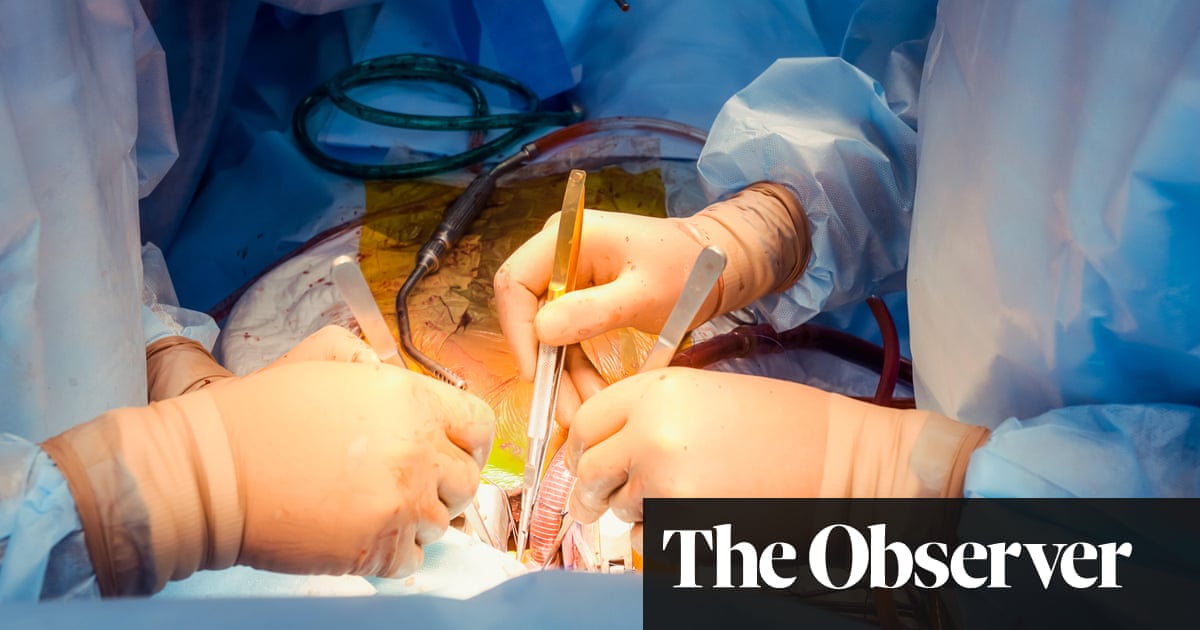
Surgical hubs should be created across England and the government should spend £1bn annually for the next five years to reduce the “colossal” backlog in non-urgent procedures, the Royal College of Surgeons has said.
The recommendations are two of a dozen suggestions made by the RCS designed to ensure planned surgery can continue safely if the country is hit again by another wave of coronavirus, a new variant or a severe winter/flu outbreak.
All elective or planned surgery, such as for knee and hip replacements, was cancelled in the first wave of the pandemic. The latest figures show that in March, 4.95 million people were waiting for hospital treatment in England – the largest figure on record – including 436,127 people waiting more than a year a year.
The RCS pointed out that, even before the pandemic, there were mass cancellations as a result of winter pressures, including in 2018.
Prof Neil Mortensen said: “We need government support for a ‘new deal for surgery’ to reduce the colossal backlog in elective surgery and to help the NHS weather future pandemics. Surgery must be available on the NHS all year-round, not stop and start. If a dangerous new variant of Covid-19 takes hold, or another bad flu arrives in the autumn, we cannot allow surgery to grind to a halt again or waiting lists will become insurmountable.”
The proposed hubs would be in every Integrated Care System, of which there are 42 in England. During the pandemic, NHS trusts put agreements in place to designate certain hospitals as surgical hubs. The RCS said they helped expand capacity by bringing skills and resources together under one roof in Covid-secure environments.
The “new deal” report also calls on the government to adopt longer-term aims of increasing the number of hospital beds and doctors to reach the OECD (Organisation for Economic Co-operation and Development) average.
A Department of Health and Social Care spokesperson said it had backed the NHS throughout the pandemic to ensure it was not overwhelmed. The spokesperson added: “We are providing an extra £7bn for health and care services this year, as well as £1bn to tackle the backlogs that have built up, bringing our total additional Covid-19 investment to £92bn.
“We face an unprecedented challenge and will continue to work closely with the NHS to accelerate the recovery of services so everyone gets the care they need, including £160m to support hospitals to find innovate ways to carry out even more operations and cut waiting lists.”
Meanwhile, the University of Oxford has launched a centre of global research collaboration to ensure that the world is prepared for future pandemic threats.
The Pandemic Sciences Centre aims to provide science-driven solutions that respond to possible outbreaks at any time. It will build on collaborations developed rapidly across the globe between academia, industry and public health bodies during the pandemic.
The University of Oxford’s vice-chancellor, Louise Richardson, said: “The recent pandemic has demonstrated the unique contributions research universities like Oxford can make to pandemic preparedness.
“We are building on decades of medical research on infectious disease and data science, we have long-standing international partnerships and we have the ability to act and to adapt quickly.
“When aligned with industry and with public health bodies we can ensure that the world is never caught unprepared again.”












